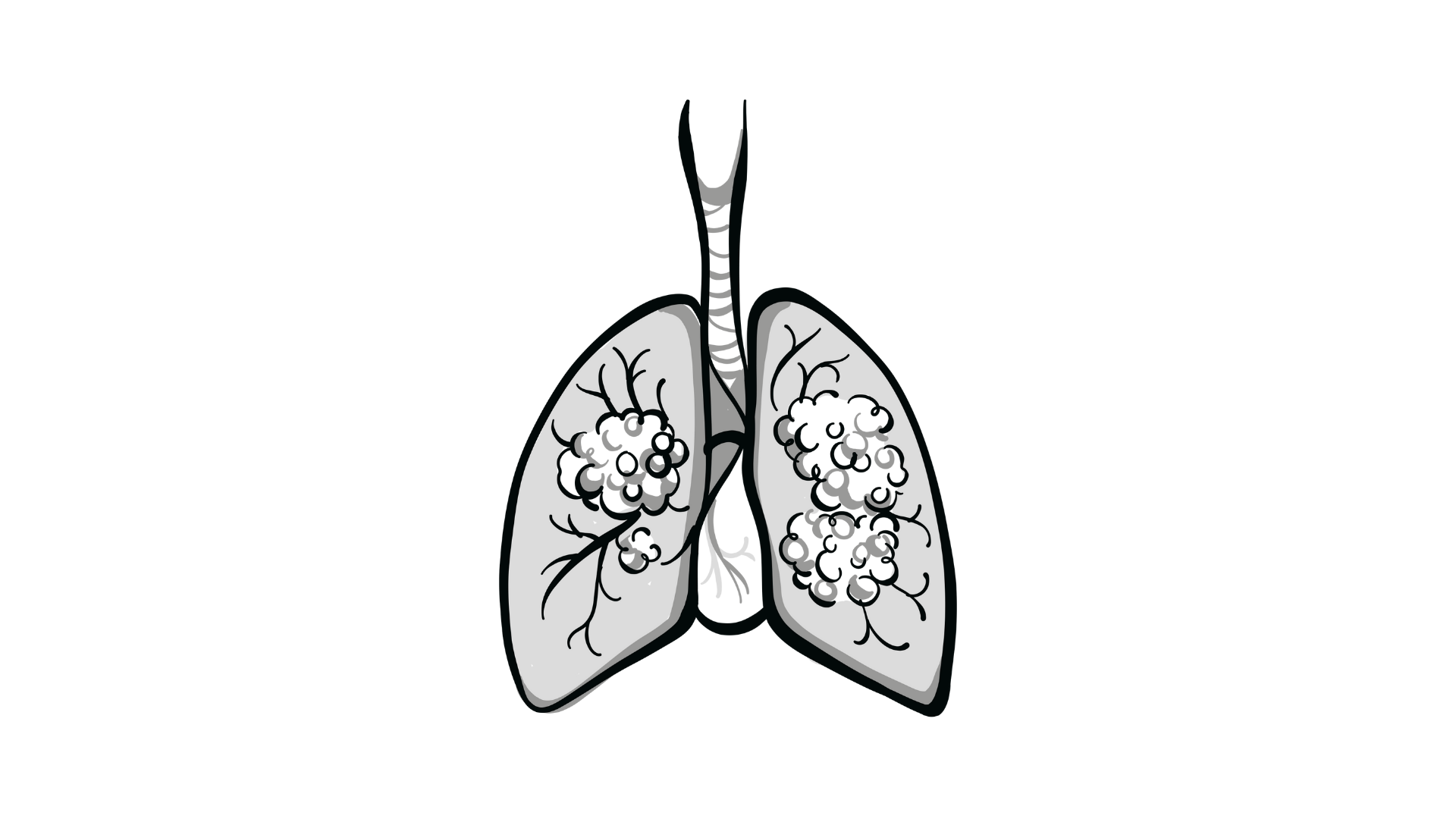The Targeted Pulse: Uncover the Latest From WCLC and Experts Insights Into Latest Advances Across Cancer Types
Aumolertinib showed improved PFS in NSCLC and ivonescimab outperforms pembrolizumab in advanced cases. Plus, insights into CAR T-cell therapy and its associated AEs are discussed in relapsed multiple myeloma.

Aumolertinib Shows Potential in POLESTAR Trial With Improved PFS for NSCLC
Aumolertinib (formerly almonertinib; HS-10296) showed an improvement in progression-free survival for patients with unresectable stage III non–small cell lung cancer (NSCLC), according to an interim analysis of the phase 3 POLESTAR trial (NCT04951635). In the trial, patients were randomly assigned 2:1 to receive 110 mg of aumolertinib once daily or matching placebo. Trial data were presented at the 2024 International Association for the Study of Lung Cancer World Conference on Lung Cancer (WCLC).
Regarding safety, patients in the experimental arm experienced an increase in any-grade adverse events (AEs), leading to treatment interruptions, dose reductions, and discontinuations. The most common AEs included elevated blood creatinine phosphokinase levels, radiation pneumonitis, and decreased white blood cell count.
“These findings demonstrate aumolertinib [is] a novel treatment option for patients with unresectable stage III EGFR-mutated NSCLC after CRT [chemoradiation therapy],” lead study author Xiangjiao Meng, MD, of Shandong Cancer Hospital and Institute at Shandong First Medical University in Jinan, China, said in a presentation of the data.

Exploring the Rapid Changes in Endocrine Therapy for Breast Cancer
Erika Hamilton, MD, director of breast cancer research at the Sarah Cannon Research Institute, discussed the rapidly advancing treatment landscape of endocrine therapies for breast cancer in an interview with Targeted OncologyTM. Oral selective estrogen receptor degraders (SERDs) and proteolysis-targeting chimeras (PROTACs) provide additional treatment options especially in the post-CDK4/6 inhibitor setting. Hamilton also highlights several ongoing trials, including phase 1 trials evaluatingARV-471 both as a monotherapy and in combination with palbociclib (Ibrance).
“There are adjuvant trials for curative breast cancer [treatment] that may replace our traditional endocrine backbones. These trials come in 2 varieties: comparing the new agents up front with aromatase inhibitors and using a switch strategy after 2 to 5 years on an aromatase inhibitor. With all these trials ongoing, we will certainly have a rich dataset to improve our endocrine therapies,” Hamilton explained.
Ivonescimab Makes Waves By Besting Pembrolizumab in PD-L1+ Advanced NSCLC
Data from the primary analysis of the phase 3 HARMONi-2 trial (NCT05499390) indicated that ivonescimab reduced the risk of disease progression or death in PD-L1–positive advanced NSCLC compared with pembrolizumab (Keytruda). Data were presented at the 2024 International Association for the Study of Lung Cancer WCLC. The findings from the HARMONi-5 trial (NCT04900363) supported the design of the double-blind HARMONi-2 trial, which included 398 patients who were randomly assigned 1:1 to receive 20 mg/kg of ivonescimab every 3 weeks or 200 mg of pembrolizumab every 3 weeks.
“This is the first randomized phase 3 study to demonstrate a clinically significant improvement in efficacy with a novel drug compared with pembrolizumab in advanced NSCLC,” Caicun Zhou, MD, PhD, lead study author and director of the Department of Oncology at Shanghai Pulmonary Hospital in China, said in a presentation of the data.

Insights on AEs Associated With CAR T-Cell Therapy in Relapsed Multiple Myeloma
In this Case-Based Roundtable® event, Saad Z. Usmani, MD, FACP, MBA, reviews the case of a 60-year-old woman diagnosed with Revised International Staging System (R-ISS) stage II/R2-ISS stage III IgGκ relapsedmultiple myeloma. Usmani, a myeloma specialist & cellular therapist at Memorial Sloan Kettering Cancer Center in New York, New York, discussed third-line chimeric antigen receptor (CAR) T-cell therapy options, highlighting data from the KarMMa-3 (NCT03651128) trial. He also addressed the management of AEs associated with ide-cel (idecabtagene vicleucel; Abecma), including cytokine release syndrome (CRS).
“You are giving these revved up T cells to patients and asking them to become hyperactive as soon as they are exposed to that specific surface marker or antigen. So of course they are going to become active, release cytokines, and essentially make the patient feel like they have a bad flu. That is what, essentially, CRS is. When we were using CAR T cells 10 to 12 years ago, there was a concern that if you try to stop that process, you may not get the efficacy. But pretty soon we learned that if we let that go too long, patients may even die from it,” Usmani explained.

Discussing Advances With BCL-2 Inhibitors for CLL Treatment
According to John Seymour, MD, director of hematology at the Peter MacCallum Cancer Center and the Royal Melbourne Hospital in Melbourne, Australia, BCL-2 inhibitors are a key component to preventing apoptosis, or programmed cell death. In this article, Seymour discussed the emergence of combining BCL-2 inhibitors with Bruton tyrosine kinase (BTK) inhibitors or anti-CD20 antibodies to improve outcomes and reduce the probability of resistance.
“Another key finding was that with continued single-agent therapy, there is a significant risk of induction of resistance mutations that lead to outgrowth of resistant clones. That was the impetus to use combination therapy, either with BTK inhibitors or with an anti-CD20 antibody, to achieve deeper reductions but enable time-limited therapy.
The third paradigm that emerged was, if we use this time-limited therapy, it then retains disease sensitivity, so at progression, we can retreat with that same combination,” Seymour explained.
Thank you for joining us for this week’s Targeted Pulse. Look out for more recaps to come.
The FDA accepted darolutamide’s application for metastatic hormone-sensitive prostate cancer, imatinib is now in liquid form, and ribociclib, combined with an NSAI, showed significant benefit in high-risk, node-negative early-stage breast cancer. Brexu-cel demonstrated CNS remission in relapsed/refractory B-ALL, and a new vaccine shows promise in breast cancer.
Read More
The FDA grants approval to revumenib (SNDX-5613) for a subgroup of acute leukemia, and dato-dXd moves into the final stage in NSCLC. We also cover expert updates from the 42nd Annual Chemotherapy Symposium Foundation in CLL, as well as other relevant insights on CML and multiple myeloma treatment.
Read More
The Targeted Pulse: Discover Upcoming Meetings, FDA Action, and Key Insights in SCLC and mCSPC
November 17th 2024The 22nd Annual Winter Lung Cancer Conference® will explore advances in neoadjuvant/adjuvant therapies. The FDA has approved Obe-cel for R/R B-ALL, and new treatments in SCLC, lurbinectedin and tarlatamab, show promise. Apalutamide tops enzalutamide in real-world data for mCSPC, and LBL-034 gains orphan drug designation for multiple myeloma.
Read More
October 2024, saw significant FDA actions and clinical trial updates that shaped cancer treatment progress. Highlights include acalabrutinib’s approval for mantle cell lymphoma, T-DXd’s priority review for HER2-low breast cancer, advances in MDS, TNBC, HCC, and perioperative lung cancer research to be discussed at the upcoming 19th Annual New York Lung Cancers Symposium®.
Read More